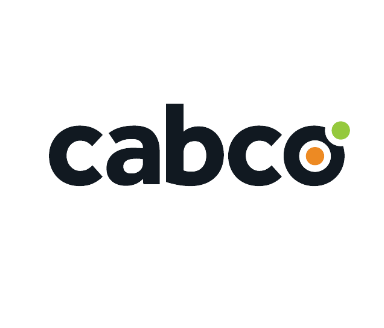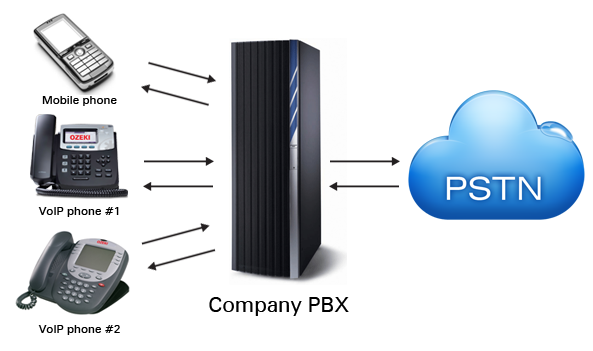The Pros and Cons of PBX Phone Systems
There are multiple options available today when it comes to phone systems. Until recent years, the most common examples of Digital or IP-based PBX’s were only within reach of large enterprise customers. However, we now have a wide variety of options for the small and medium business space as well.
What is a Private Branch Exchange (PBX)?
A PBX, or private branch exchange, is a telephone exchange or switching system that serves a private organization and permits sharing of phone lines between internally installed telephones. This provides communication between those internal telephones (within the organization) without the use of external lines.
The central office lines provide connections to the public switched telephone network (PSTN) and the PBX permits the shared use of these lines between all users in the organization. Its intercommunication ability allows two or more users to directly connect while not using the public switched telephone network. In plain language, it does not need to go out to the outside world and come back in. This method reduces the number of lines needed from the phone company to access the public switched telephone network and thus lowers operating costs.
Each end point connected to the PBX, such as a telephone, is referred to as an extension and has a designated extension telephone number that may or may not be mapped automatically to the numbering plan of the telephone number block allocated to the PBX.
Pros and Cons of PBX systems
Initially, PBX systems offered the primary advantage of cost savings for internal phone calls. As PBX systems gained popularity, they began to feature services not available in the public network, such as hunt groups, call forwarding, extension dialing, and VoIP. We will look at VoIP (Voice over internet protocol) and its iterations in a future post.
With so many makes and models provided today by a host of manufacturers at often wildly varying price points, trying to figure out which system is the best fit can be quite daunting. Let’s have a look at some of the pros and cons of PBX systems:
Pros:
On-premise PBX offers customers more control over their phone system
After initial outlay, customers tend to get lower monthly recurring costs
Ability to integrate other company software programs i.e. CRM systems
Modern phone lines, like SIP Trunking, can lower the overall monthly costs (IP PBX)
PBX provider will install, program, train staff and qualify network
All data and settings are in the control of the customer
Ideal for larger organizations, which already have the infrastructure to support and host their own phone system
Cons:
Initial costs are higher, due to the purchasing of hardware and software licensing
Internal management and expertise required
Maintenance costs are the responsibility of the customer
Managing across multiple sites can be more complicated
No real redundancy as the PBX is typically located at one site
Downtime can occur as a result of a power outage if no backup power is available
Network security to be managed by the customer
Moves, adds and changes incur charges each time if done by service provider
A PBX could be an excellent option for your business. Companies with onsite expertise, which require frequent changes to operate and manage the system, can leverage the extensive call features and 3rd party integrations available to gain more value from their phone system.
Alternatively, a Hosted PBX solution through a managed service provider may make more sense. Without having to make a large up-front investment, the provider offers the PBX infrastructure as a service, and the customer pays a monthly fee for using it. Total cost of ownership can be lower as there is little need to hire and train IT specialists for the purpose of managing the phone system. For a lot of businesses, a hosted solution is an attractive option.
Make Connections that Matter!
This article is just the tip of the iceberg in terms of PBX systems. We would be happy to discuss specific options for your business. Cabco’s Unified Communications team is here to help! Contact us now at 1-800-675-4025 or sales@cabco.ca.


